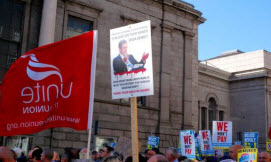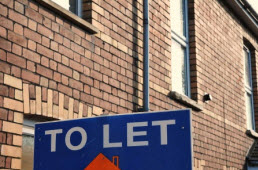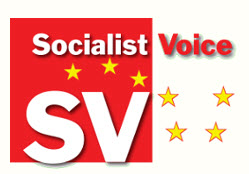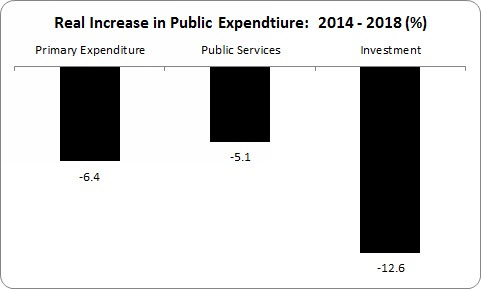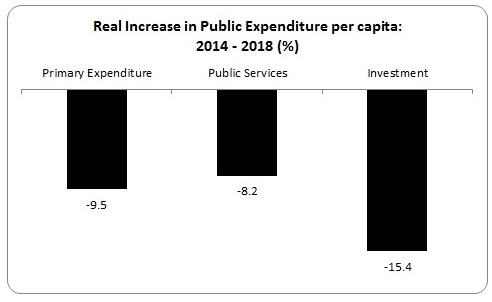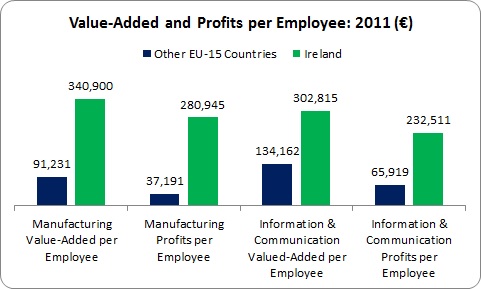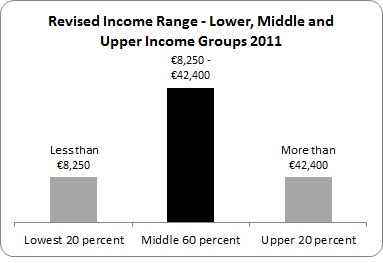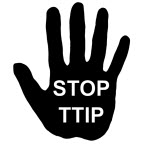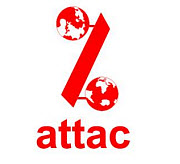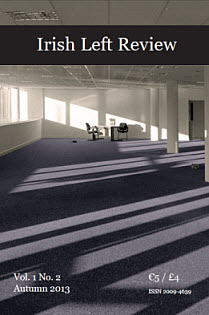The October issue of Socialist Voice is out now. You can view it online here.
Articles include:
Socialism: a historical necessity Nicola Lawlor:
The deepening environmental crisis—described in various articles in Socialist Voice over the years—makes the requirement of a transition to socialism not just desirable but absolutely necessary for the survival of humanity.
Water is a human right: Kathleen Lynch
Next to oxygen, water is the most essential element required for human existence. Two-thirds of the human body consists of water. While we need many nutrients to sustain us in life, we will die within days without water. Water is more than H?O: it is integral to human life itself.
Water charge revolutionaries: Eoin Mc Donnell
It seems there’s a revolution going on. The people of certain working-class estates in Dublin and others scattered around the country have had enough, and it’s all-out war against the state—or so it seems. This is what we are to believe from social media: scenes of angry, indignant and ready-to-fight workers who have taken to the streets to do battle with the well-equipped wing of the state and its masters, Irish Water.
Sister Teresa wants out of the euro zone: Tomás Mac Siomion
Spain now has the most politically active and liberal citizenry in Europe. Public outcry, expressed through huge marches in the main cities, has just forced the government to withdraw its proposed abortion legislation (in effect a regression to the Irish model), which was to replace the existing full freedom-of-choice regime
Job Bridge for teachers: Not just a union Struggle: Edmund O’Neill
When news of Job Bridge being used for hiring teaching staff hit the air waves in September, Joe Duffy’s hotline was sizzling. The spread of “internship” culture had reached the gates of the public sector, and a lot of people, especially newly qualified teachers, were up in arms. During the rest of the week shows like “Prime Time” pushed out debates on the issue.
“Portrait of a patriot” Alan Hanlon
A biography of T. K. Whitaker by Anne Chambers, entitled Dr T. K. Whitaker: A Portrait of a Patriot, has just been launched. Whitaker was born in 1916, and in the 1950s and 60s (May 1956 to February 1969) he was secretary of the Department of Finance.
Tin Town Edmund O’Neill
They want to move us all down to tin town
They want to bring us all down to tin town
Is Leatsa an Tír Seo Gabriel Rosenstock
In ómós Woody Guthrie, a cailleadh ar 3 Deireadh Fómhair 1967.
Is leatsa an tír seo, is liomsa an tír seo
An evening of dialogue on class politics Tommy McKearney
Reluctant to risk getting lost in loyalist East Belfast, the two Dublin trade unionists took a taxi across the city centre to where their union was participating in a public discussion. They were anxious not to be late for an event that marked a new departure for their Cork-based union.
Ireland is a criminal accessory to war: It’s time to shout Stop!
The eighty-year-old Galway peace stalwart Margaretta D’Arcy, who was imprisoned twice this year for opposing US military flights travelling to war via Shannon airport, is continuing her peace campaigning. She is calling on people to join the peace demonstration at Shannon on Sunday 12 October to mark the thirteenth anniversary of the US military presence there.
The making of a monster: Robert Navan
If the Western media were your only source of news you could be excused for thinking that the terrorists of the “Islamic State of Iraq and Syria” (ISIS) and the United States have always been sworn enemies. The part the United States played in arming and equipping this force is rarely, if ever, mentioned.
Fascism in the twenty-first century: Seán Edwards
Samir Amin, “The return of fascism in contemporary capitalism,” Monthly Review, vol. 66, issue 4 (September 2014). Patrick Cockburn, The Jihadis Return: ISIS and the New Sunni Uprising (New York: OR Books, 2014).
Samir Amin begins his essay with a brief discussion of the different manifestations of fascism in the 1930s, distinguishing between fascism in Germany (a developed capitalist power seeking domination), fascism in second-rank powers (Italy, Spain and Portugal), and fascism in defeated (France, Belgium) or dependent states (Hungary, Romania, Croatia).
Read Post →



